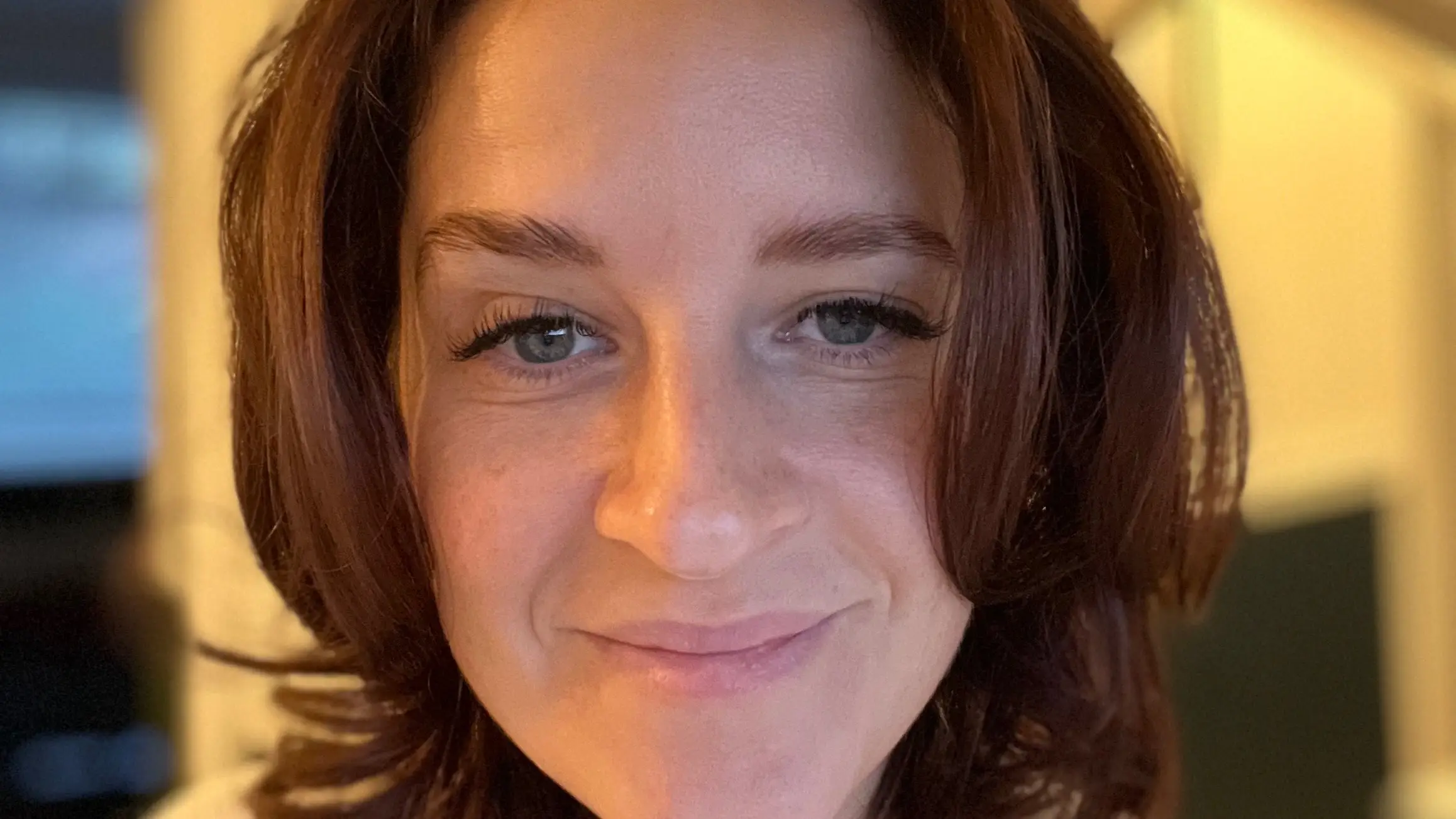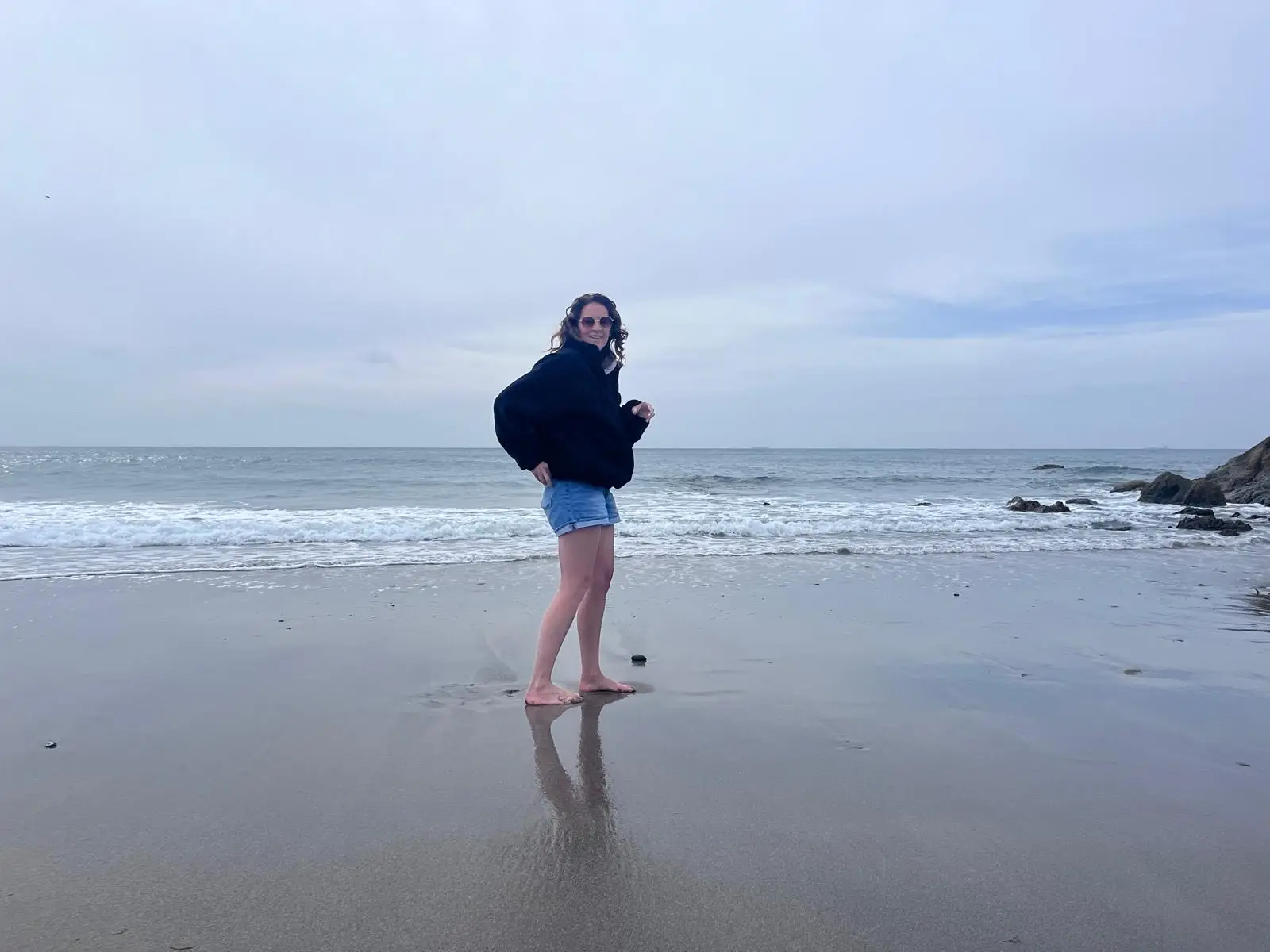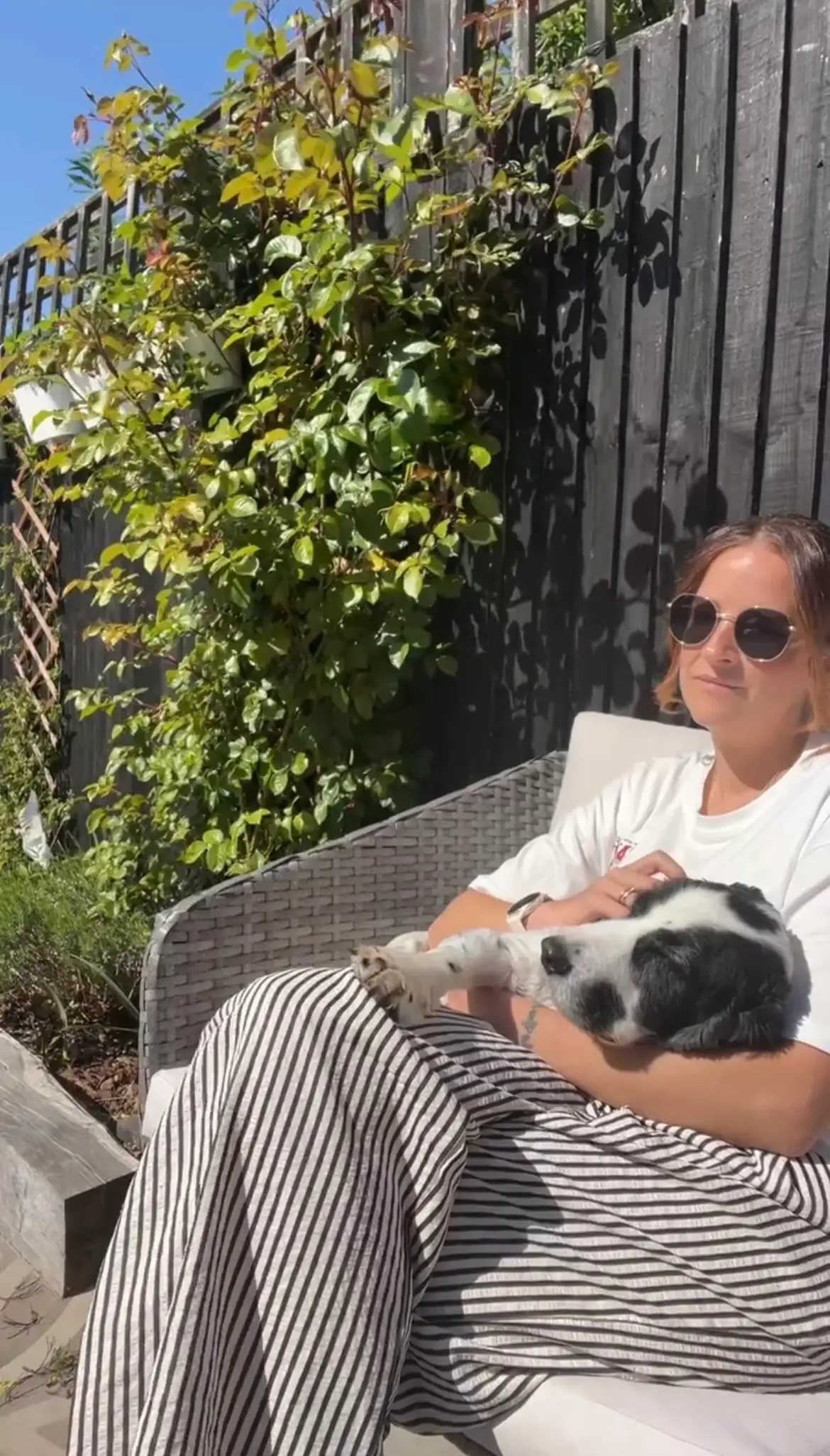
A woman who is currently taking medication for attention deficit hyperactivity disorder (ADHD) has issued a warning about the Ozempic-like side effects.
Mollie Bloom was 32 when she found out that she had the neurological disorder after experiencing symptoms like struggling to concentrate, feeling overwhelmed by noise and lights, and interrupting others who spoke too slowly.
"Sometimes I would interrupt them and finish their sentence because I was just like, 'come on, get to the point'. But apparently, that’s not normal - that’s ADHD," the mum-of-two from East Sussex told LADbible.
ADHD is a complex neurodevelopmental condition that is characterised by a lack of concentration, high energy levels, and forgetfulness, with symptoms usually presenting themselves in childhood, according to the NHS.
Advert
Over the years, there has been an increase in adult diagnoses, as NHS England reported a 4.2 percent increase from 2014 to 2023/24.
For Mollie, symptoms intensified after becoming a parent at 26 with her first child, and then at 29 with her second child.

"That’s when it really started to kick in because all of my coping mechanisms throughout my life was to just shut myself away, have a nap, have a bit of quiet time, but you don’t get that when you’re a parent at all," Mollie - who currently works with neurodivergent teenagers - said.
'It was really surreal'
Mollie started on Concerta (a tablet form of methylphenidate) back in July via the Right to Choose prescription route through Psychiatry UK.
It's just one of many types of stimulant medication that can be used to help with ADHD symptoms, with others including lisdexamfetamine and dexamphetamine, which are typically available in capsules or tablets.
Recently on her TikTok page, she shared a video (@mollieinbloom) telling viewers how good she felt after taking it, and it has now gotten over one million views.

"It was really surreal. So that video was when I first realised that, 'oh my god, this is what normal people or neurotypical people feel like'," she explained. "They can just focus on one thing. They can decide, 'oh, I’m gonna take the dog out for a walk and then pick up the lead and go and put it on their dog, and then go out'.
"My brain normally, before that, would have gone, 'oh, I need to walk the dog, but actually, I’ll probably go and start unloading the dishwasher'.
"And while I’m unloading the dishwasher, I think, 'oh, I need to put a wash load on'. So then I’ll put a wash load on.
"And then two hours later, I’d be like, 'I never walked with my dog'. And it was just the most calm feeling, not having all the tabs open at once."
'Ozempic-like side effects'
Mollie said when she was on a higher dose she ended up with 'Ozempic-like side effects'.
She is now taking one 36 mg tablet once a day after 54 mg left her with a few issues.
On 54 mg, the mum found her focus improved, but the side effects included severe headaches, a complete loss of appetite, and a harsh crash when the medication wore off. Now at 36 mg, she is still able to gain focus and calm, but without those issues.
"The higher dose, I’d say it was good for my brain, but the side effects of the headaches just weren’t worth it and the lack of appetite," she revealed.
"I’m at a healthy body weight and I didn’t want to lose any more weight and eating was an actual struggle.
"I can compare it to sort of like the morning sickness. A lot of people actually on my post have compared it to, like, Ozempic and Mounjaro in that feeling of just not wanting to eat.
"I’d say the wear off of fifty-four milligrams hit a lot harder, whereas the thirty-six, it’s more of a gradual wear off. Whereas the fifty-four, it would just—yeah. I’d feel it wear off and then I’d be like, 'oh, now I’m back'.
"And then I’d often find that at night, I tried to go to bed and it’s like my ADHD had kicked back in.
"And we’re trying to process all of the tabs that I hadn’t processed in the day. So I wasn’t being able to switch off like I was before. So I don’t have that now, which is better."
'I don’t get so overwhelmed by the loudness'

Another advantage is how much easier she finds parenting without feeling 'so overwhelmed by the loudness'.
"So one of them might be on an iPad, one of them might be watching the telly, there might be a toy that’s going off. And before, I’d be like, 'oh, turn it all off. I can’t'," she added. "I can sit and read a book while that noise is going on now."
'I’ve also been doing therapy'
The aspiring counsellor issued a warning to others wanting to try out the medication to not 'pin all of your hopes' on it working.
"It’s not the case for many people, and I am fully aware of how lucky I am that it has worked for me," she said.
"But there are other types of medication. It doesn’t have to be a stimulant medication. There’s slow release versions of nonstimulant medication."
Mollie also said therapy has also been a big help for her and has 'massively helped me understand me and my brain'.
"My advice is just treat yourself as an individual. If the first one doesn’t work, there’s always options for others," she said.
"There is a lot of research that suggests that if left untreated that adhd can lead to personality disorders, addiction, depression and anxiety.
"I have seen this first hand in my own family and that’s why I have chosen to treat mine with medication and therapy. It’s also advised not to drink excessive alcohol whilst on the medication too."
'I was experiencing a lot of tendencies of autism'
Mollie noted that during her ADHD diagnosis, she'd also exhibited traits of autism. Autism and ADHD can co-exist together, and is often referred to as AuDHD, which isn't an official medical term.
When her ADHD is managed with medication, these traits become more noticeable, sometimes causing social awkwardness.
She hasn’t pursued a formal autism diagnosis; however, focusing on her counselling training instead, and is content with understanding and accepting these traits as part of who she is.
"I’m quite happy just knowing that I probably do have those traits, and it makes me me," Mollie said.